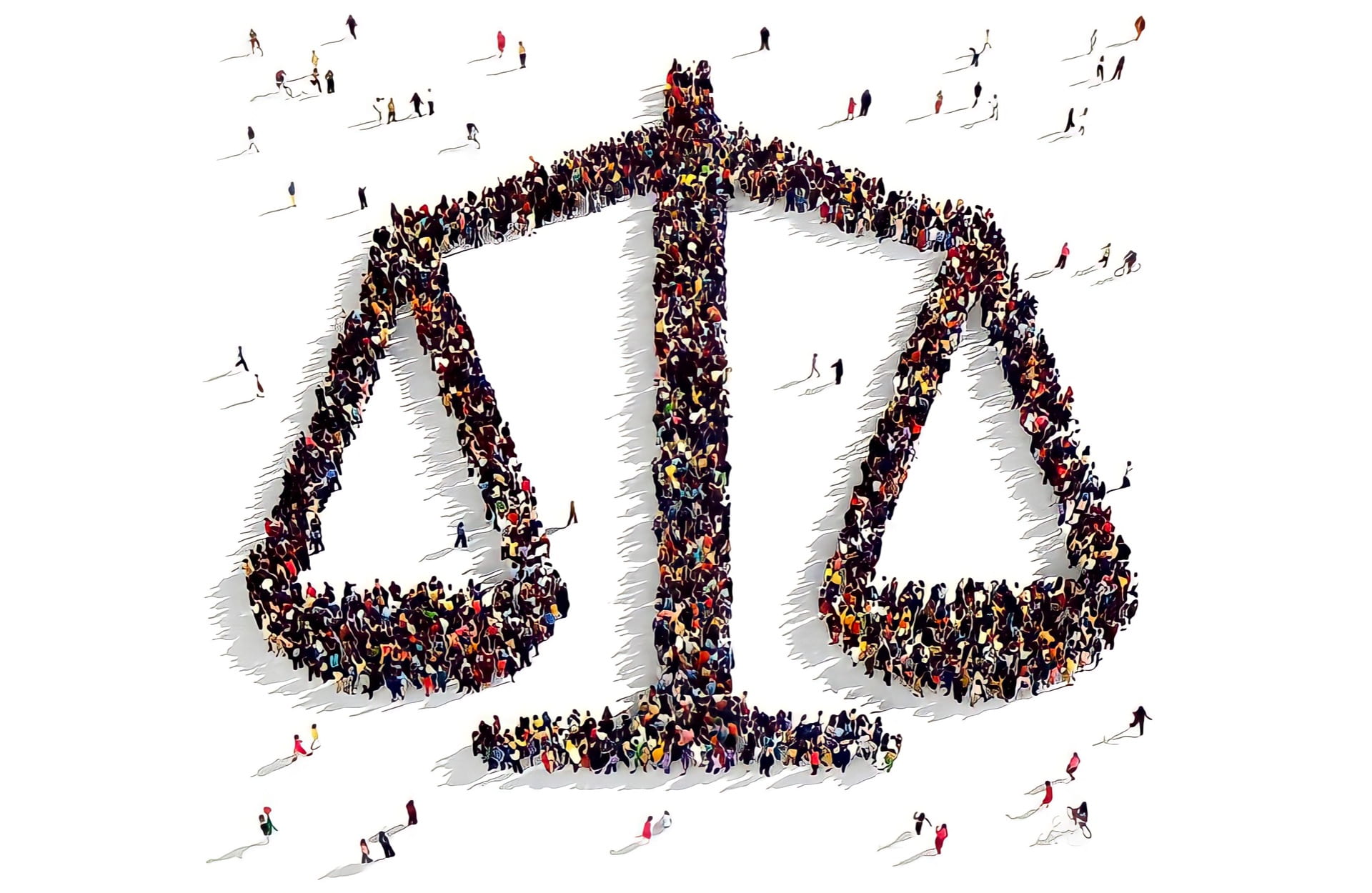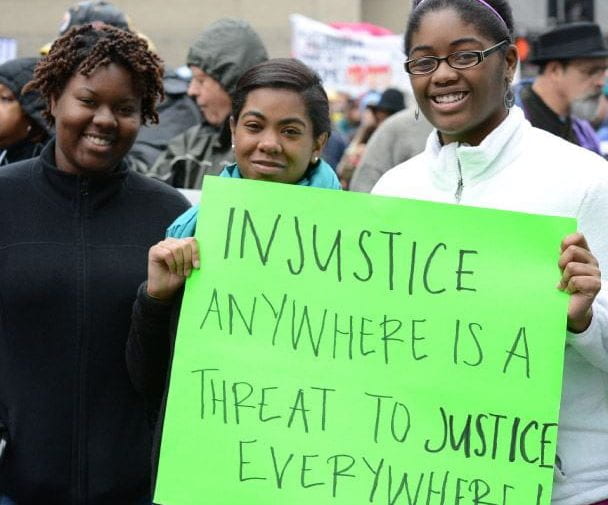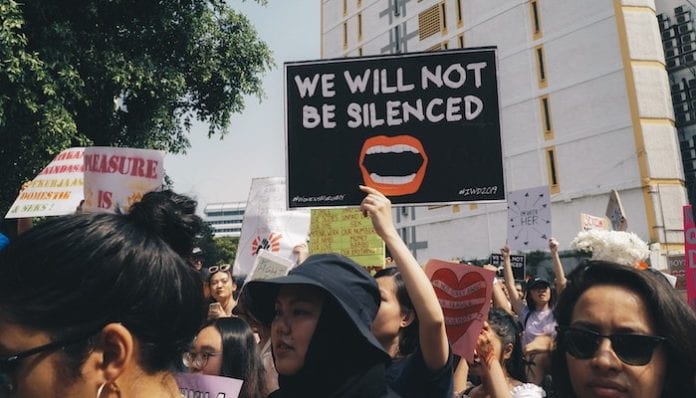
Yesterday, February 20th, 2022, marked the 14th annual global observance of the World Day of Social Justice, as declared by the United Nations General Assembly on June 8th, 2008. Since 2009, the day has marked a celebration that reflects on guaranteeing fair outcomes for all through employment, social protection, and social dialogue, in addition to fundamental principles and rights at work, according to this article from Baker College. Social justice is defined as the view that everyone deserves equal economic, political and social rights, and opportunities. Social justice is also referred to as justice in terms of the distribution of wealth, opportunities, and privileges within a society. The UN General Assembly has also conveyed their recognition of social development and social justice as a crucial aspect of peace among nations worldwide.
What are Human Rights?
Human rights are commonly referred to as rights everyone has just because they are human. These rights are specified in the Universal Declaration of Human Rights, which is an international document laying out 30 fundamental rights and freedoms of all human beings. Examples of these include the right to life without discrimination, slavery, or torture, in addition to explaining that all humans are equal before the law and that the law protects all human rights. The UDHR was drafted by representatives of various demographics and backgrounds and is considered a milestone in human rights history. The UDHR was proclaimed by the UN General Assembly on December 10th, 1948, as a “common standard of achievement for all peoples and all nations.”
Comparing Human Rights and Social Justice

To better understand the concept of social justice, the definition has been broken into four core principles: access, equity, participation, and human rights. These four principles apply to issues such as:
- Reproductive Rights
- Access to good education
- Employment Discrimination
- Voting Discrimination
- Disability Discrimination
- And many others
Since human rights is one pillar of social justice, a “just” society is impossible within the absence of security for all human rights.
Although their meanings are different, the concepts of human rights and social justice are often correlated closely, especially in academia and political debates. Here at the University of Alabama at Birmingham’s College of Arts and Sciences’s Political Science Department, a concentration of study in human rights and social justice is offered within the political science major, like many other institutions worldwide. Outside of academia, the general public often groups human rights and social justice together in regard to their stance on politics. Unfortunately, many social injustices and human rights issues have become controversial topics in America, further polarizing the U.S. political climate, especially within group rights (minorities rights, rights of people with disabilities, LGBTQ+ rights, etc.). Understanding the relationship between human rights and social justice can bring about a more unified approach to how these issues are perceived and addressed.
Ways to Celebrate the World Day of Social Justice

Becoming an advocate for social justice in society can happen at any time, but with the current celebration of the World Day of Social Justice, it is a great time to start. Celebrating this day can be done by taking the time to examine your own beliefs and values to increase your self-awareness regarding the way you view injustices in society and your level of sympathy for those who are currently facing a human rights crisis. From there, examine what you are doing to help and what you can be doing. Furthermore, researching a few injustices in society that interest you or sharing your experiences of enduring discrimination in your own life can shed light on the importance of this day and the constant work to be done to create a “just” society across the globe. If you choose to celebrate this day by donating monetarily, here is a list of organizations accepting donations:
